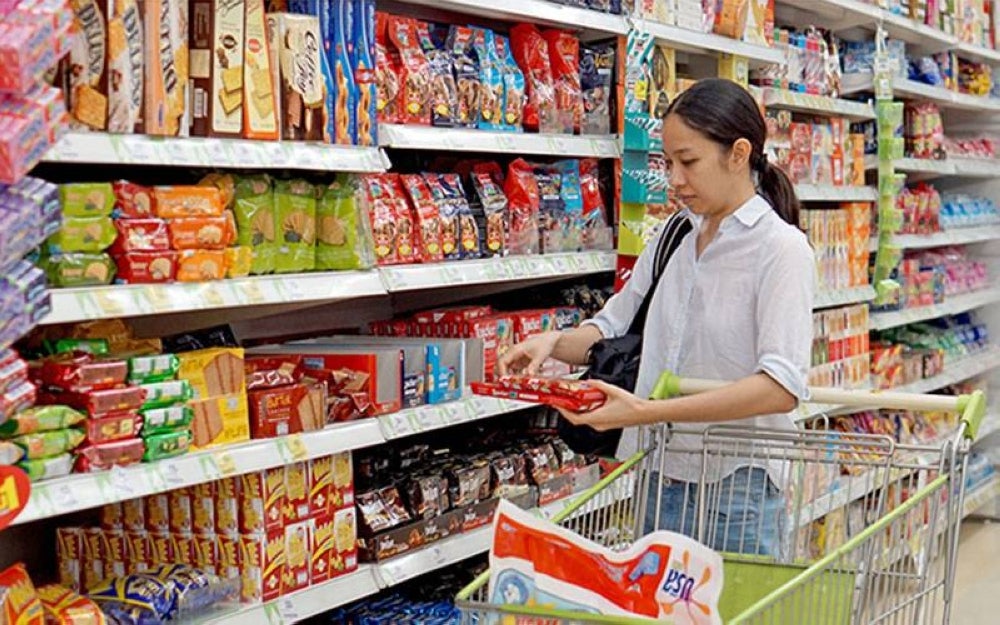Food crisis likely to continue for years, says report

KUALA LUMPUR, June 2 — A report has said food crisis worldwide is not a short-term phenomenon and will likely continue for years.
According S&P Global report, titled “The Global Food Shock Will Last Years, Not Months”, the situation was worsened by Russia’s invasion of Ukraine causing fertiliser shortages, export controls, global trade disruption, and escalating fuel and transport costs behind rising prices.
"We believe the shock to food supply will have negative implications for emerging market countries, affecting GDP growth, fiscal performance, and social stability," said S&P Global Ratings credit analyst Samuel Tilleray.
The report published in Malay Mail added Russia and Ukraine are two of the world’s largest exporters of wheat, maize, rapeseed, sunflower seeds, and sunflower oil, accounting to 12 per cent of all food calories traded, while Russia was the largest supplier of fertiliser in 2020.
The report added the effect of the war on Malaysia’s food security can be seen as through chicken supply, with chicken price increase to RM8.90/kg price ceiling due to shortage.
Malay Mail further said in March, Universiti Kebangsaan Malaysia (UKM) economics professor Tan Sri Noor Azlan Ghazali had raised concerns over the conflict which could lead to food crisis in Malaysia as it would have a direct impact on goods and food chain.
The S&P report added low and low- to middle-income countries in Central Asia, the Middle East, Africa, and the Caucasus could be those worst hit by the first-round reaction to the crisis because of their reliance on either Russia or Ukraine.
Download Sinar Daily application.Click Here!














